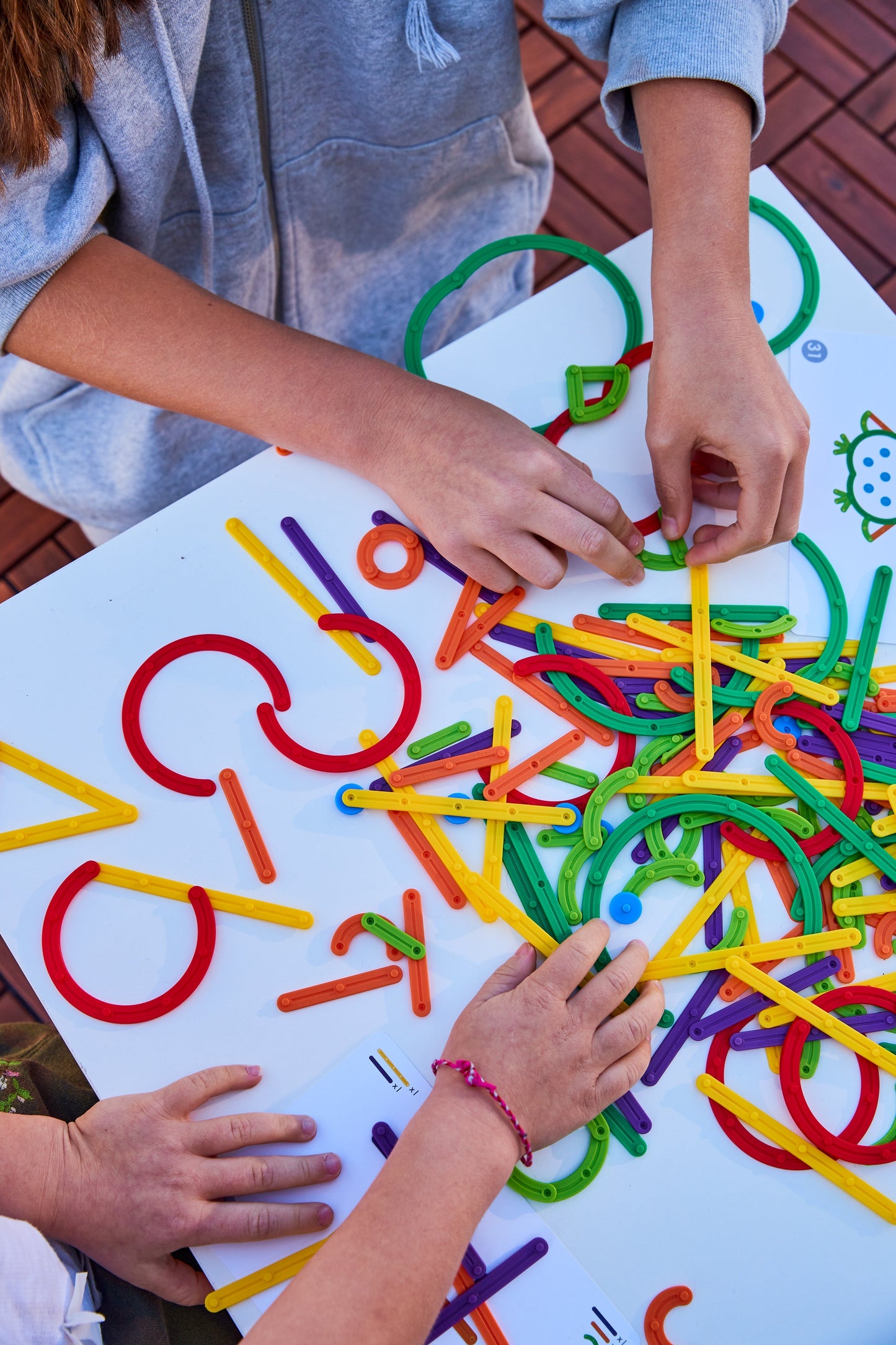
Starting school is a major milestone in a child’s life. It’s a time filled with excitement, curiosity, and the chance to form new friendships. But it can also bring uncertainty, anxiety, or frustration as children adjust to new routines and expectations. For parents and caregivers, supporting emotional development in early childhood especially emotional regulation is essential for a smooth transition into school life.
At Edx Education, we know that play-based learning is one of the most effective ways to nurture emotional skills. Through play, children practice resilience, patience, collaboration, and creative problem-solving. These abilities help children not only manage big feelings but also thrive academically and socially.
Why emotional regulation is key for school readiness.
Children who are able to regulate their emotions are more likely to:
- Focus on activities and follow classroom routines.
- Build positive relationships with peers and teachers.
- Handle challenges like turn-taking, waiting, or tricky problem-solving.
- Develop confidence, independence, and a love of learning.
Play gives children a safe space to explore their feelings and responses. Whether through role play, building, or imaginative design, play helps them learn self-control, adapt to setbacks, and celebrate small successes. Play as a foundation for resilience and confidence.
Different types of play can help children prepare emotionally for school while building essential skills in maths, literacy, STEAM education, and creativity.
-
Maths play with Math Cubes and Linking Cubes
When children use Math Cubes or Linking Cubes to build towers, patterns, or solve number challenges, they practice persistence and patience. If their tower topples, they learn problem-solving and resilience. Parents can support this process with encouraging phrases like, “Let’s try again in a different way.”
2. Mindful play with Rainbow Pebbles®
Rainbow Pebbles® are ideal for calm, creative play. Children can sort, stack, and arrange them into patterns, shapes, or pictures. The tactile and colourful experience helps reduce anxiety and build focus. Open-ended play with pebbles also fosters independence and decision-making skills valuable for building school readiness.
3. Creative STEAM play with Junior GeoStix®
Junior GeoStix® invite children to design letters, numbers, or imaginative creations. When a design doesn’t work out, they learn flexibility, adaptability, and problem-solving skills essential for emotional regulation and STEAM activities for kids.
4.Imaginative role play.
Role play pretending to be a shopkeeper, doctor, or teacher helps children understand different emotions and social situations. It develops empathy, communication skills, and social awareness. For parents, role play offers a chance to guide children in expressing feelings with words rather than frustration.
5. Games for patience and cooperation Board games, puzzles, or group building activities teach children to wait their turn, share, and celebrate others’ achievements. These experiences are crucial for emotional regulation in group settings like classrooms.
Practical tips for parents and caregivers
- Model calm behaviour: Children learn from you. Stay calm and show positive problem-solving strategies.
- Praise effort: Celebrate persistence, creativity, and resilience not just outcomes.
- Create a calm corner: Offer quiet play with Rainbow Pebbles® or Linking Cubes when children feel overwhelmed.
- Encourage storytelling: Ask your child to describe their creations. Storytelling builds language skills and emotional understanding.
Play, Learn & Create with Edx Education
For more ideas, listen to our podcast Play, Learn & Create with Edx Education. Each episode shares expert advice on supporting children’s learning and emotional development through play. Don’t forget to explore our free downloadable resources for practical, fun activities to try at home or in the classroom.
Emotional regulation in early childhood doesn’t develop overnight it grows through play, practice, and supportive guidance. By engaging with educational toys like Math Cubes, Linking Cubes, Rainbow Pebbles®, and Junior GeoStix®, children build both academic foundations and the resilience, confidence, and self-control needed to succeed in school and beyond.
Heather Welch, Author of Happy Children Play and General Manager, Edx Education UK

